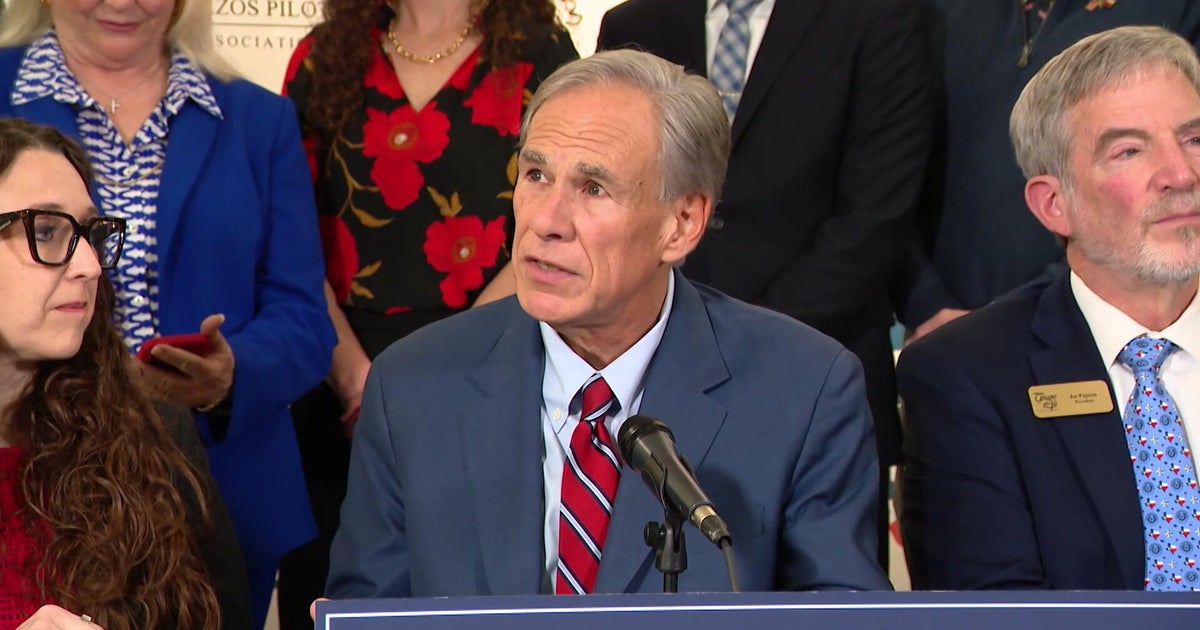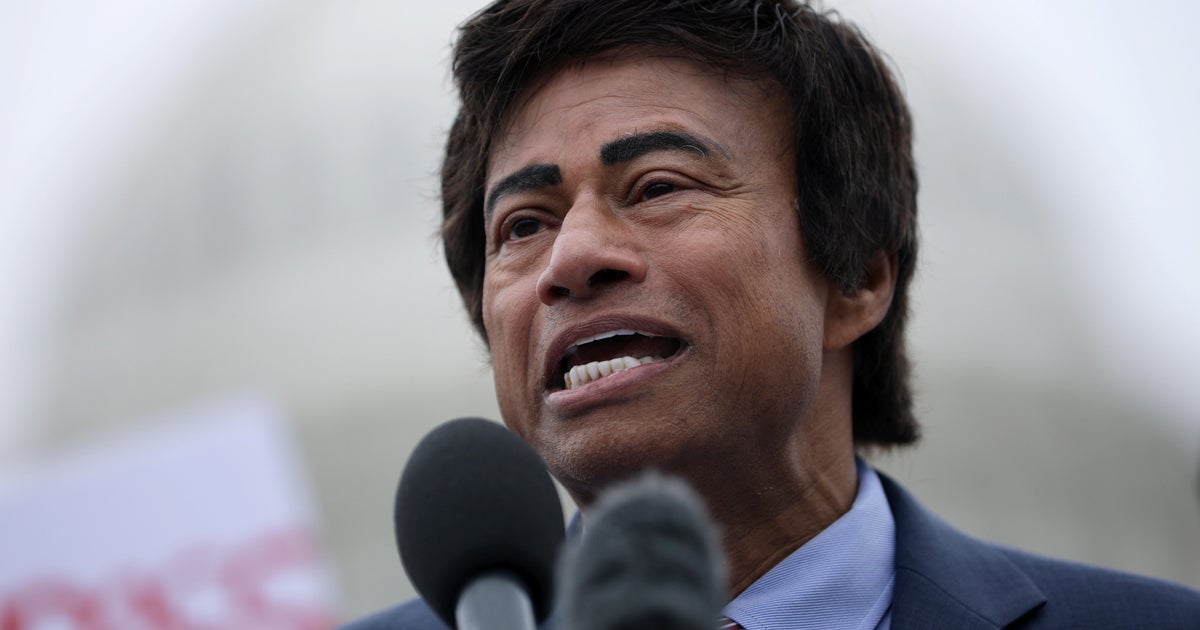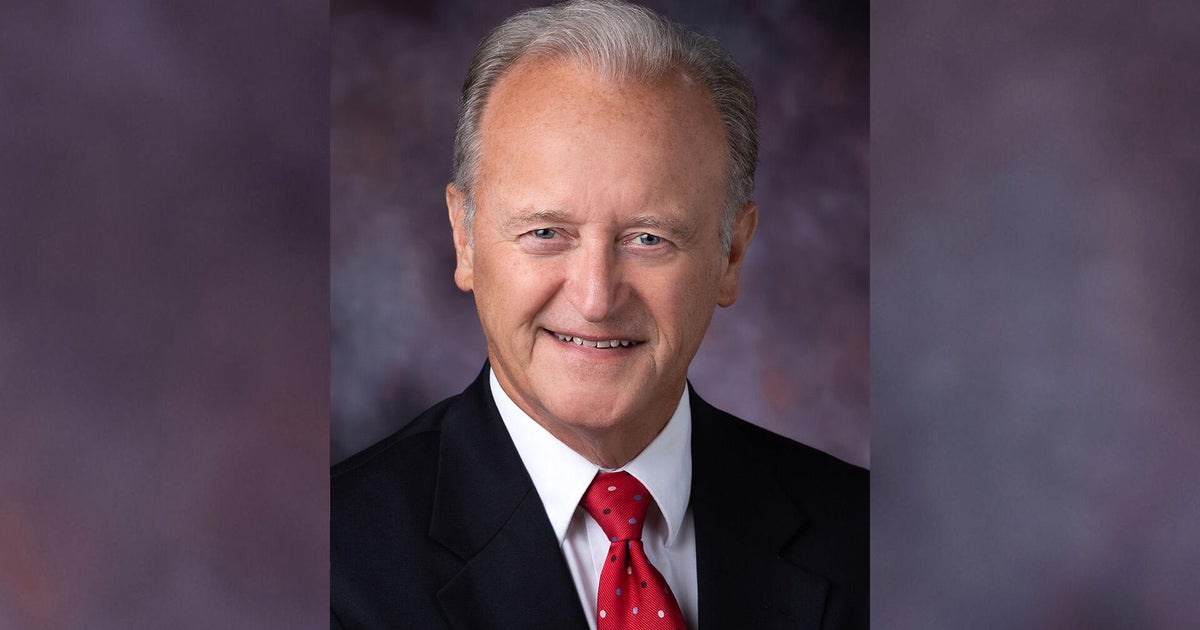What happens next with New Jersey Lt. Governor vacancy?
TRENTON, N.J. (CBS) -- New Jersey Lt. Gov. Sheila Oliver has died at age 71, her family and Gov. Phil Murphy said Tuesday. Murphy will have 45 days to appoint a new lieutenant governor to serve the remainder of the term, New Jersey's constitution states.
Oliver was taken to the hospital Monday for an undisclosed medical issue.
She had been serving as acting governor since July 28 while Murphy was on a family vacation in Italy. Murphy is making plans to return to New Jersey after Oliver died, two people familiar with his plans tell CBS News.
Under the New Jersey constitution, Democratic Senate President Nicholas Scutari will now serve as acting governor until Murphy's return.
The line of succession in New Jersey for acting governor is as follows: lieutenant governor, senate president, assembly speaker, attorney general and commissioner of transportation.
History of the Lt. Gov.
The office of the lieutenant governor in New Jersey was established by a constitutional amendment voted on by voters on Nov. 8, 2005. It was officially amended on Jan. 17, 2006.
The lieutenant governor is elected conjointly with the governor for concurrent terms, the state constitution states in Article V, the Executive. The position is selected by the gubernatorial nominee within 30 days of their nomination.
There have only been two lieutenant governors since 2006: Republican Lt. Gov. Kim Guadagno and Oliver.
Lieutenant governors hold office for four years and can serve in the position for two consecutive terms, according to the state constitution.
A lieutenant governor must be 30 years or older, a U.S. citizen for 20 years and have lived in the state for at least seven years.
What happens next
Since Oliver was serving as acting governor while Murphy was out of state, Scutari will take over as acting governor until Murphy returns. But what happens with the lieutenant governor's office?
Under Article 5, Section I, paragraph 8, the state constitution says:
"In the event of a vacancy in the office of Lieutenant Governor resulting from the death, resignation or removal of a Lieutenant Governor in office or the death of a Lieutenant Governor-elect or from any other cause, the Governor shall appoint a Lieutenant Governor within forty-five days of the occurrence of the vacancy to fill the unexpired term."
According to the state constitution, New Jersey will hold a special election to fill the office of the lieutenant governor in the next general election; however, a special election would not be scheduled if the office was already on the ballot.







